Mumbai Police Commissioner Datta Padsalgikar issues warning, sets January 1 deadline for all police stations in the city to adopt 8-hour shifts; only less than half have implemented it
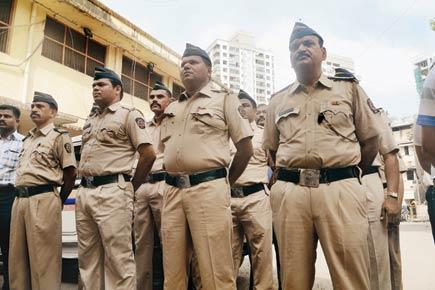
Mumbai top cop wants all police stations to adopt 8-hour shifts by Jan 1
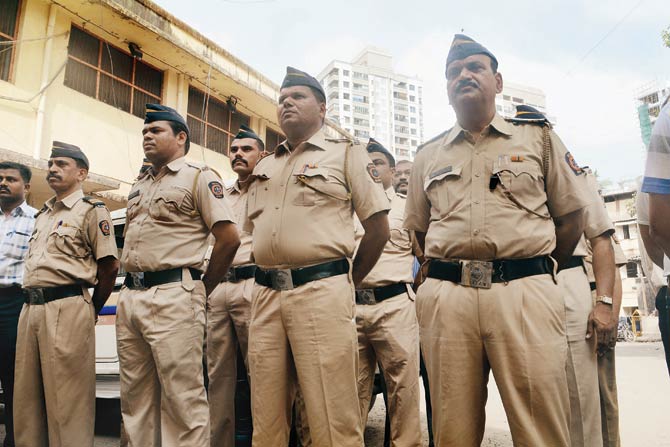 New work hours will give overweight cops time to get in shape, say seniors
New work hours will give overweight cops time to get in shape, say seniors
ADVERTISEMENT
When Deonar police constable Ravindra Patil met newly-appointed Commissioner of Police, Datta Padsalgikar on February 5, neither knew the innocuous meeting would be the beginning of a never-before shake-up in the city police. Patil offered a revolutionary idea: Slash cop shifts to eight hours, in line with corporate work culture.
A month later, the wheels of change began to turn. By June, police stations in each zone started reducing their shift timings to eight hours. Today, around 45,000 constables and officers in 40 of the 94 police stations in the city are enjoying the benefits.
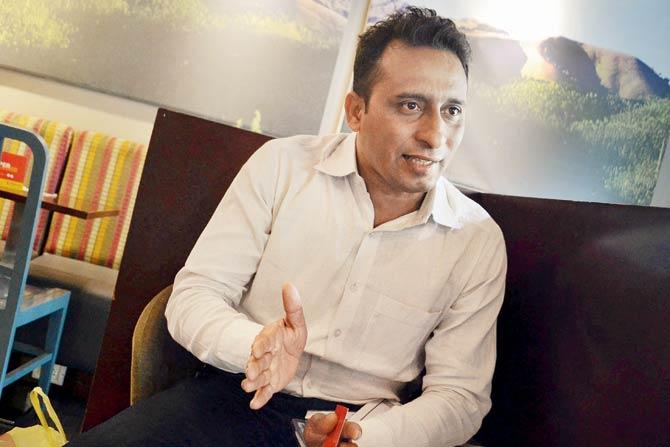 Agent of change Ravindra Patil
Agent of change Ravindra Patil
Padsalgikar is so determined to ensure the implementation of this work-less-to-work-more policy that he has warned of departmental action against those police stations that fail to bring in the new work schedule by January 1 next year.
mid-day had on September 29 run an exclusive report on the Mumbai Police’s plan to slice working hours for the well-being being of police personnel and effective policing.
No getting past it
At a meeting with police officials 10 days ago, Padsalgikar made it clear that excuses would no longer be tolerated. “All police stations must adopt the eight-hour shift by New Year’s Day. Don’t give excuses. Chalk out a plan for your police stations. Start with station houses and constables, if not the entire police station, but get moving,” he is said to have told the gathering.
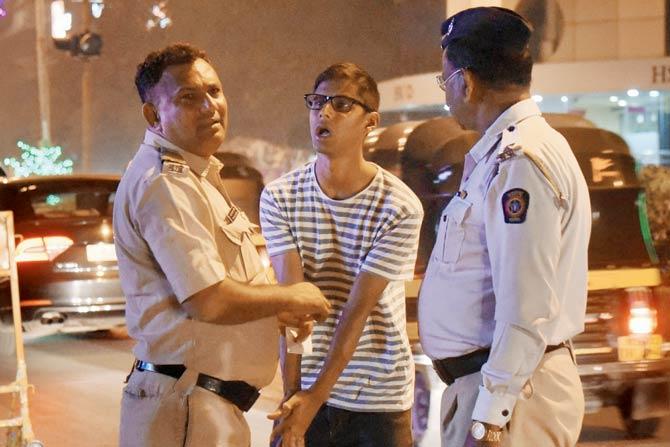
Overweight police personnel have often been trolled. The new work timings will give them ample time to get in shape. Picture for representation
Recalling the commissioner’s orders, a source told mid-day that police stations can no longer cite staff shortage to get an exemption. “More staff is being hired. The eight-hour shift is doable. An expert panel has said so, too. If someone thinks it’s not feasible, s/he should come forward and justify it,” Padsalgikar told the officials.
Swearing by the success
The naysayers should have a word with Sunil Vare (53), Deonar police constable. He was with Azad Nagar police station when he developed excruciating pain in the legs. “I couldn’t walk or stand for long periods,” he recalls. Vare sought a meeting with Padsalgikar, explained his health condition and was transferred to Deonar police station in August. The station was the first to adopt the new work timings, on a trial basis, in March. “Since then, my life has changed. Earlier, the commute and duty collectively took 14-16 hours of my day. Now, it has reduced to less than 10 hours. I can give time to my family and my needs,” says Vare.
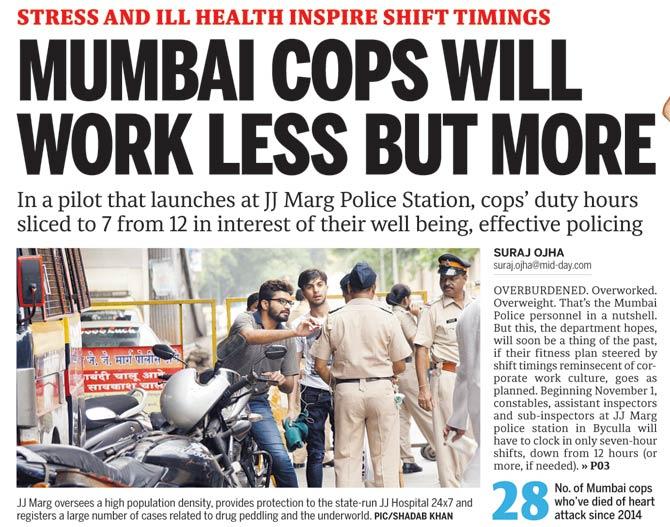
mid-day’s September 29 report on the new work timings
In 15 years of service, the constable from the eastern zone hadn’t been attend a single Open Day at his son’s school. “With the eight-hour shift, I was able to attend it for the first time this year, that too without seeking a concession from seniors.”
The wife of a constable in the central zone says she is relieved that she now knows when her husband will return home. “The new hours allow us to spend quality time together.”
A police officer in the eastern zone claims that there has been a drop in minor crimes since adopting the new timings three months ago. He said, “With three eight-hour shifts, police presence in public places has increased. There are few petty fights and arguments, and thereby, fewer non-cognisable complaints. In the long run, the schedule will bring down the number of serious offences.”
A report on the new schedule prepared in June indicated a notable change in the staff’s behaviour (no more dour faces) and its efficiency, said a senior official. “This gave us the confidence that the plan could be implemented across the city,” he said.
 Subscribe today by clicking the link and stay updated with the latest news!" Click here!
Subscribe today by clicking the link and stay updated with the latest news!" Click here!






